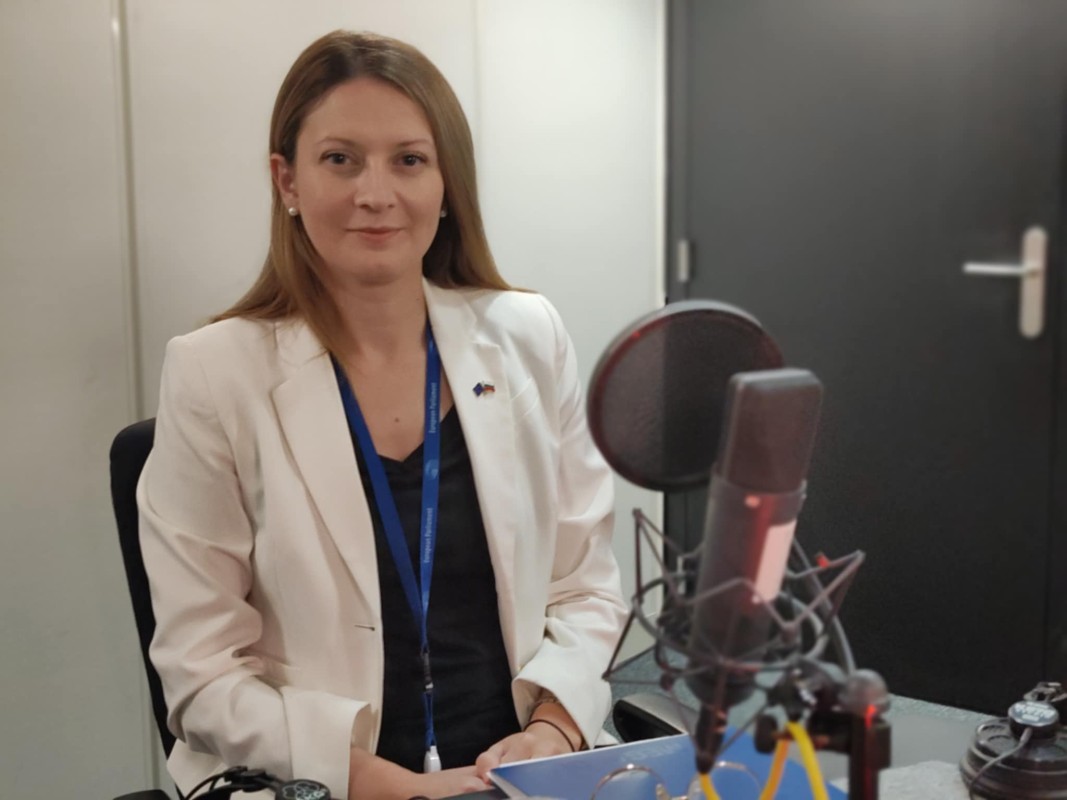

In the first quarter of 2025, the average quarterly total income per household member in Bulgaria was BGN 3,271 (€1,672), marking a 15.2% increase compared to the same period in 2024. This data comes from the Household Budget Survey by the National..
Bulgaria's main trading partners are Germany, Romania, Italy, Greece and France, which account for 62.5% of exports to EU Member States, according to NSI data. In February, exports of goods from this country to the EU decreased by..
The liberalization of the electricity market for household consumers and their entering the free electricity market, something companies did years ago, is being postponed. At least for now. The reform should have entered into effect on 1..
With record interest, Bulgaria's Ministry of Finance has successfully placed debt on international capital markets, the institution announced. Two..
Bulgaria’s Minister of Finance Temenuzhka Petkova announced that Bulgaria is expected to meet the eurozone's price stability criterion again in June...

+359 2 9336 661
